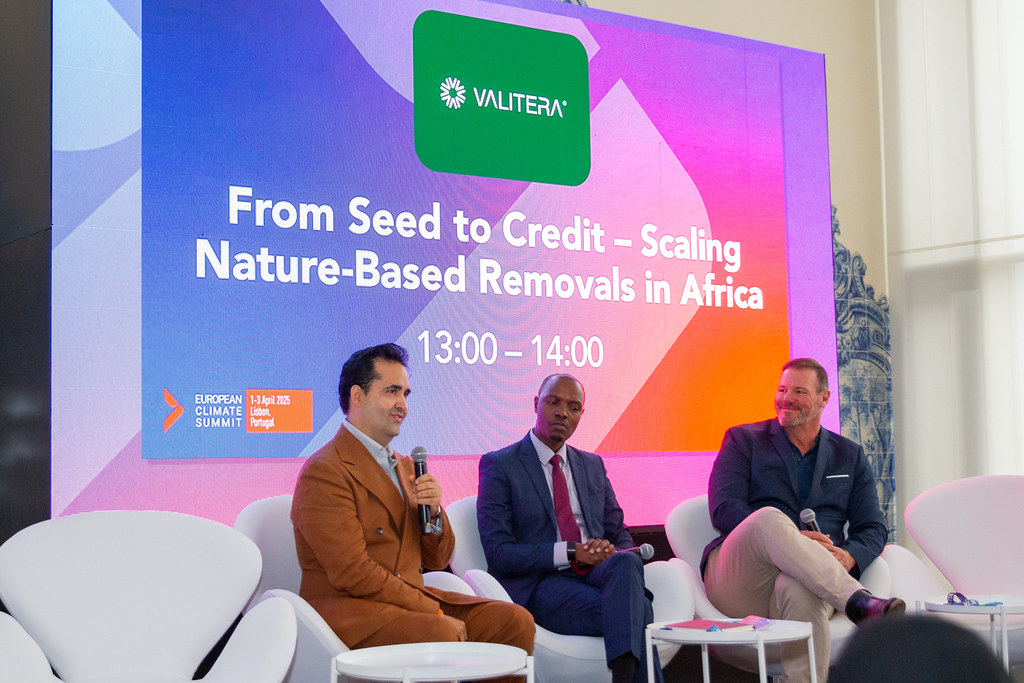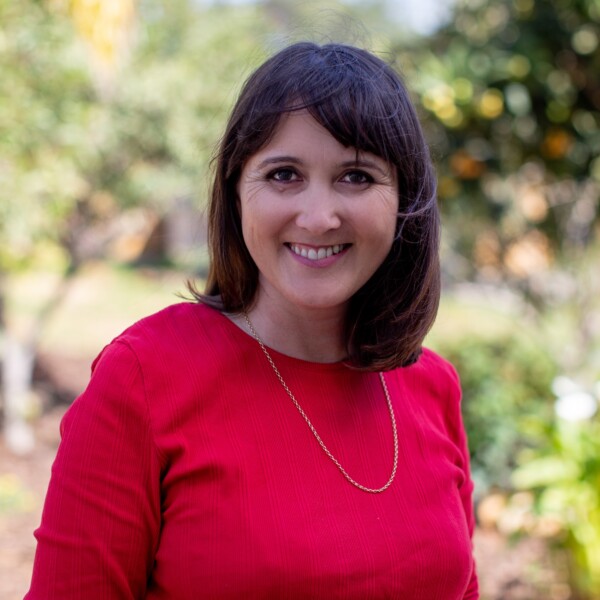The integrity conversation must include equity: a report from the IETA European Climate Summit 2025

Photo: IETA
At the IETA European Climate Summit in Lisbon, discussions around integrity in the voluntary carbon market (VCM) were prominent. But in a powerful session on scaling nature-based removals in Africa, a deeper truth came into focus: there is no integrity without equity.
While much of the policy conversation focused on methodologies, labels and insurance mechanisms, speakers from East Africa grounded the debate in lived reality. One project developer spoke of watching a generation of farmers face climate breakdown — not as a future threat, but as a daily crisis. Failed rains. Lost crops. Villagers forced to choose between planting food or planting trees.
“When you talk about afforestation, the first thing a farmer asks is: do I eat or do I plant?”
This reality reshapes the integrity debate. It’s not just about whether a credit meets a technical standard — but whether the people responsible for protecting and restoring nature are fairly included, motivated, and compensated.
A critical takeaway from the session: communities are not passive “beneficiaries.” They are central actors. Without them, no credits exist. And yet, too often, financial flows stop short of reaching those who plant, tend, and protect. One speaker asked plainly: “Has the money reached the person who planted the tree?”
Technology is helping address this. Project developers shared how they are using geospatial tracking, mobile payment systems, and chain-of-custody tools to bring visibility and accountability from seed to credit — and from credit to community. But as several speakers noted, motivation remains fragile unless people see clear and fair returns.
The Summit made clear that the future of the VCM depends on high-integrity credits. But it also showed that integrity must mean more than carbon accounting. It must include equity — financial, procedural, and relational — for the people who make these projects possible.
As the market works to rebuild trust, this is a crucial shift in mindset. Quality is not just a technical question. It’s also a question of justice.
The message from Lisbon: you can’t have climate integrity without climate fairness. It’s time to build both, together.
Read more
Related articles for further reading
